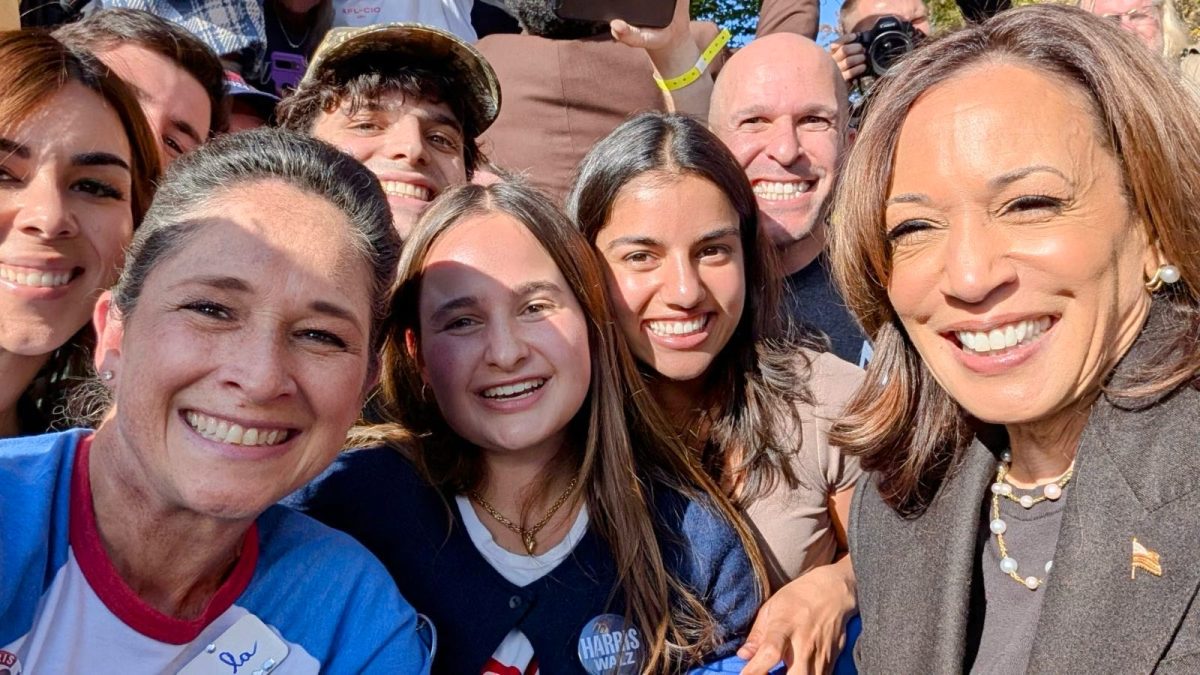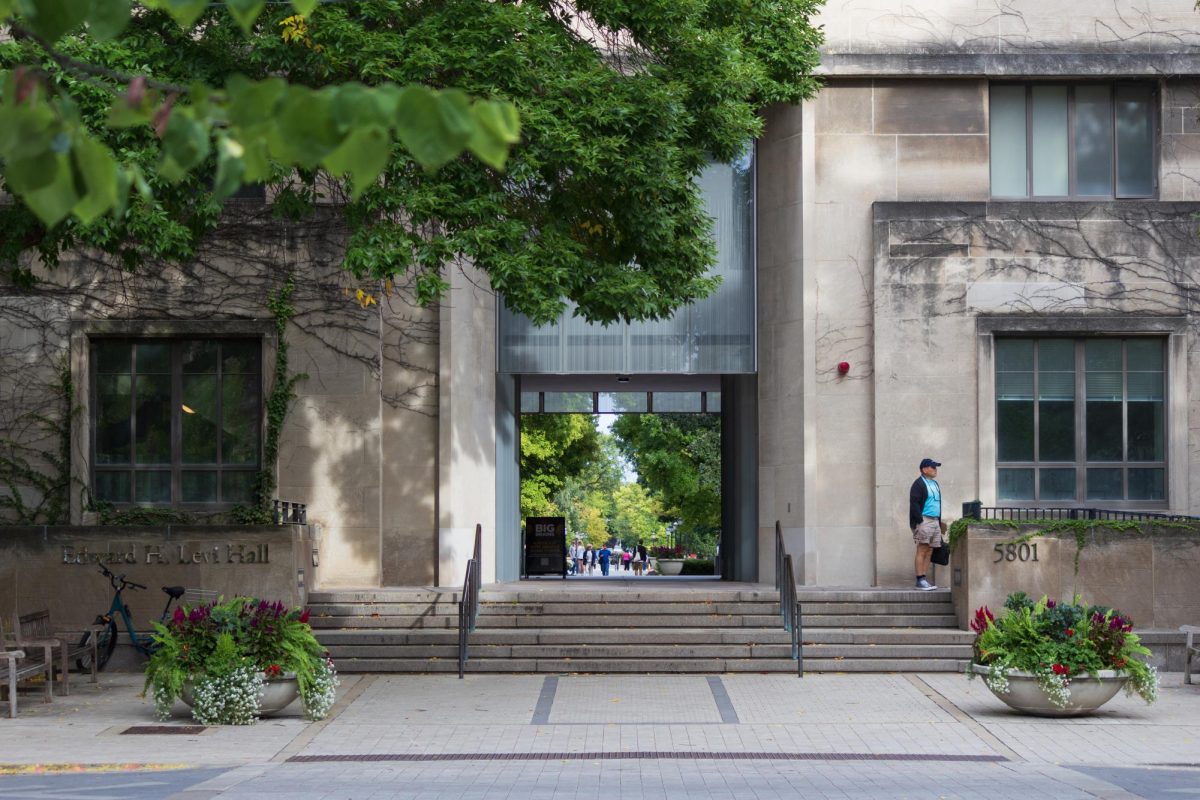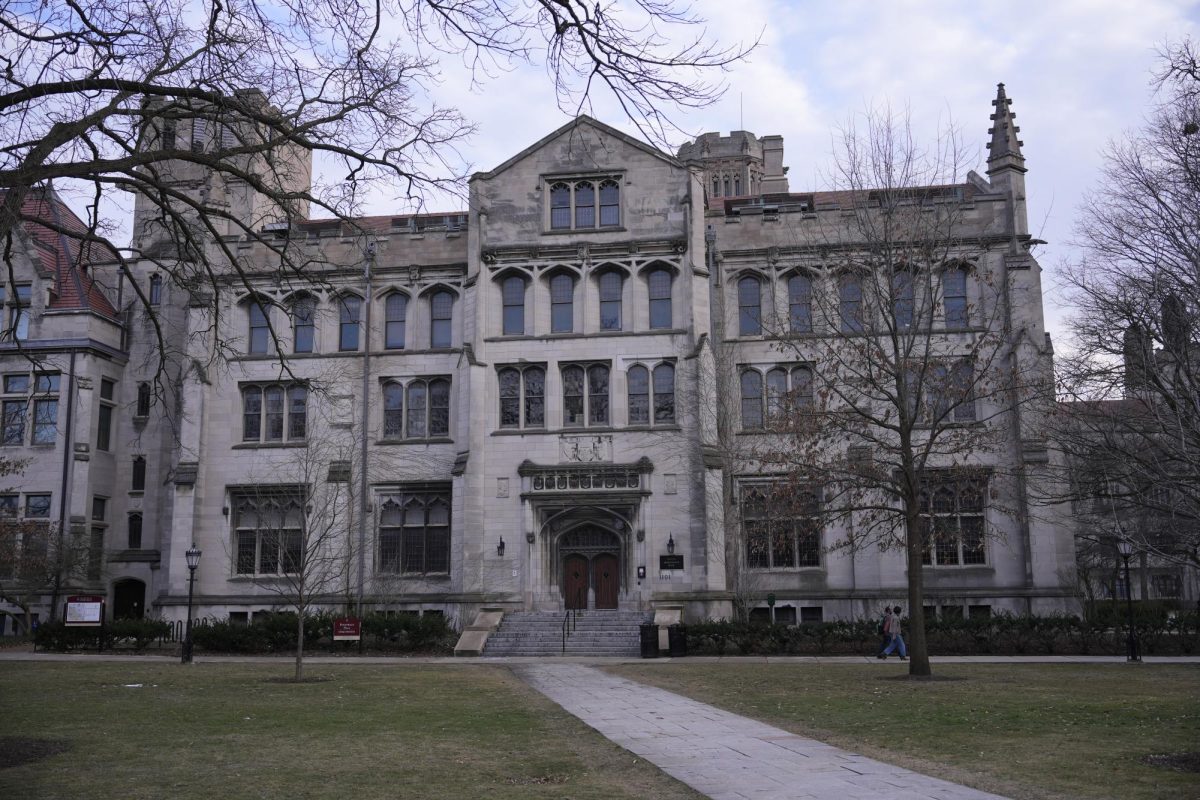As we all know, the coronavirus has upended nearly every area of our daily lives, but this past week we sadly realized that not even a global pandemic can stop racism. For me and my fellow Black Americans, the past several days have been filled with constant reminders of how skin color filters the American experience.
For my own psychological safety, I’ve tried to suppress the images and stories surrounding George Floyd, Christian Cooper, Amy Cooper, and other incidents of individual and institutional racism. The narratives are all too familiar, and keeping focus on work and school has proven to be challenging.
However, a relatively innocuous comment on the Booth Evening/Weekend Slack brought the weight of these incidents to my psyche. It was a couple of casual observations that pointed out the unfortunate coincidence that Amy Cooper is a Booth alum and Christian Cooper is a Harvard alum. For me, a Black man, who is a graduate of Harvard, and a soon-to-be graduate of Booth, these casual observations have weighed on me heavily.
I’ve experienced the spectrum of racism throughout my life. Growing up in a small town in rural Tennessee, I’ve had racial slurs hurled at me in school hallways and have seen my “friends” proudly display the Confederate flag. I’ve had my Blackness called into question for not being a great athlete and reminded of the surrounding counties that I should stay away from. I’ve been complimented for being “articulate” and told that my admission to Harvard was due to affirmative action. These experiences all fueled my desire to flee the rural South and never look back. Nonetheless, the Ivy League and moderate progressivism of New England offered little reprieve. I’ve had other students call the police on me and my friends because a gathering of young Black people looked too nefarious to be of their classmates. I’ve watched several empty cabs pass me and my friends when we were trying to catch a ride from Boston back to campus. Moreover, these experiences informed my approach to moving through the UChicago community. As a Black man, with dark skin and long dreadlocks, I intentionally wore attire bearing the logos of Harvard and Booth to simultaneously affirm my belonging in this community and to allay any fears of those who may treat me as a threat otherwise. All of these experiences have had a profound impact on me, and I’ve carried them throughout my life.
Now, as I contemplate the next chapter in my life as a Booth graduate, I can’t help but reflect on racism’s persistence. George Floyd’s murder and the national uprising in response surface emotions that are difficult to process and even harder to express. While I recognize the privileges that make me less likely to be a victim of police brutality—having two college-educated parents, growing up in a predominantly white community—I feel powerless when thinking about the treacherous nature of racism. The powerlessness comes from living my life within the bounds of every social contract our society professes to have, by pursuing the highest levels of professional and academic achievement, by being a friend and colleague to people of varying races, backgrounds, colors, sexualities…only to realize that my life could be so quickly and easily erased if I’m perceived as a threat. And that’s what makes racism so insidious. Last week, while others were discussing how they spent their Memorial Day weekend, I was thinking about how many Amy Coopers I may have engaged with at Booth. While others were planning their bidding choices for classes, I was thinking about the flimsy protection impressive degrees can offer people of color. While others were thinking about their post–M.B.A. futures, I was thinking about whether my one-year-old niece and her cousin due later this year will see a post-racist society in their lifetimes.
I remain hopeful that racism can be defeated, but I implore Booth as an institution and all of its constituents as individuals to recognize the role they play in this battle. Black America has been waging this war for centuries, and while we have certainly been aided by white people along the way, we need more white individuals and institutions of power to become active participants in the fight. It is no longer satisfactory to “not be a racist”; we need you to be anti-racists and actively work toward weeding out the evil specter of racism once and for all. As an institution, Booth has the power to advance much-needed conversations around equity. Courses in diversity and inclusion and reforms to the LEAD/LAUNCH curriculum are important strides, but Booth can do much more to create anti-racist leaders. Booth needs stronger recruiting pipelines to get more underrepresented students of color in the program. Booth needs more conversations about equity and access in the hiring, promotion, and leadership development processes. Booth needs more research examining the underlying systemic inequities of common business practices. Booth students need more frameworks and toolkits to evaluate biases in our perspectives to create leaders with greater empathy and capacity to create and lead increasingly diverse teams.
While I rarely see Confederate flags and no longer hear racial epithets hurled my way, I wonder how many of my white classmates, faculty, staff and even friends would weaponize their whiteness if they felt threatened by me. I wonder how many believe “all lives matter” is an appropriate response to Black Lives Matter. I wonder how many sympathize with the thinly veiled racist, inflammatory rhetoric that endlessly spews from the White House. But I also wonder how many will proactively step up to defeat racism. I wonder how many will engage in dialogues and educate themselves to learn more about what they can do. I wonder how many will support organizations and political candidates that promote restorative justice, police reform, and criminal justice reform. I wonder how many will use their power and influence, as future business leaders, to proactively create a more equitable and just society.
I wonder how many are Amy Coopers and how many are allies.
Tim Turner is a student at Booth.







